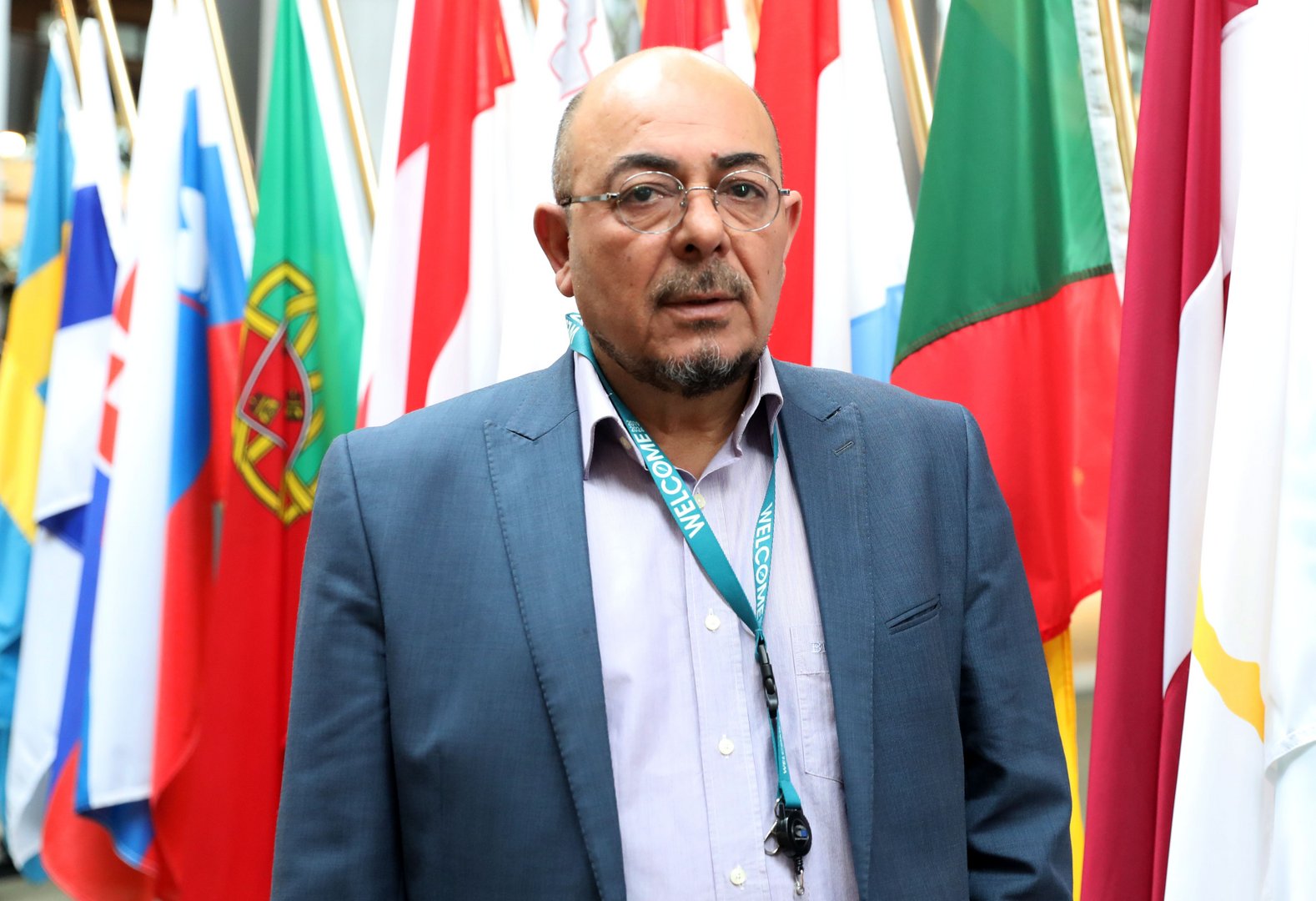Akel MEP Niyazi Kizilyurek said on Wednesday he will legally challenge the constitution, which he was accused of violating by holding an unpaid teaching post at the University of Cyprus while simultaneously serving as an Akel MEP.
Arguing that his position at the university “does not violate the spirit and essence of the law”, the university board backed the MEP.
It gave Kizilyurek, whose post has been kept open and been on unpaid leave since his appointment as an MEP in 2019, the opportunity to resign so that he can pursue legal action, if he so chooses.
The university board’s decision was discussed at the House ethics committee on Wednesday when auditor-general Odysseas Michaelides told MPs that the university’s latest decision is “the best possible way to end the issue, under the circumstances”.
The issue was first brought before the committee in November by independent MP Andreas Themistocleous who claimed that Kizilyurek’s dual position constituted a conflict of interest. The attorney general had said the university was acting unilaterally and abusing its power as a public institution.
Michaelides agreed, telling MPs that the law clearly states that anyone serving public office must automatically retire from any other position, which meant that the university had illegally decided to give Kizilyurek unpaid leave despite four reports sent by his office since 2019.
Article 70 of the constitution states that a member of a public institution cannot be elected to parliament or as minister as from this position they could favour the institution in which they serve.
But UCy rector Tassos Christofides argued that this does not stand for MEPs because they do not handle matters of public law covering their own country.
He added that Kizilyurek’s post was only an issue because UCy was a public institution. Had he been a professor at a private university, the objection would never have arisen.
He told the committee that the university’s legal advisor said that a 2004 law also banning MEPs from holding academic positions “violates the principle of proportionality and equality, and would most likely be ruled unconstitutional if taken to court”.
Nevertheless, until this happens, he said, the university has “decided to apply the letter of the law” and allow Kizilyurek to pursue the matter legally.
He emphasised that the university board sees these conventions as “anachronistic” and has submitted a proposal with the education ministry for amendments to the relevant laws, adding that other countries such as Greece allow academics to simultaneously serve public office.
For his part, Kizilyurek issued a written statement where he said that politicians and the media, among them serving Education Minister Prodromos Prodromou, have objected to his appointment at the university since the beginning of his 27-year tenure.
The MEP said he was being unfairly treated for being Turkish Cypriot, a view supported by his party Akel.
On one hand, he said, “there’s the fact [Greek Cypriot politicians] can’t stand seeing a Turkish Cypriot lecturer at the University of Cyprus, nor a Turkish Cypriot MEP – and I happen to be both.
“And on the other, Greek Cypriot nationalism historically turns against two categories of people, left-wingers and Turkish Cypriots – and I happen to be both.”
He said that he was not asking for special treatment, but seeking to respond to those saying that ‘the law is the law’, that “this law is unacceptable in every respect, and anachronistic”.
Committee chair Demetris Demetriou of Disy rubbished claims of discrimination, saying that it was clearly a legal matter and Kizilyurek, as an elected MEP representing the Republic of Cyprus, is a citizen of the Republic of Cyprus.
He welcomed the university’s move, saying it was necessary and expected from an institution obliged to follow the constitution.
At the same time, he reiterated his personal opinion that academic institutions can only benefit from having former MPs, ministers and MEPs among their staff.
“This is why as the ethics committee we will take legislative initiative without prejudging its outcome to resolve this anachronism.”







Click here to change your cookie preferences